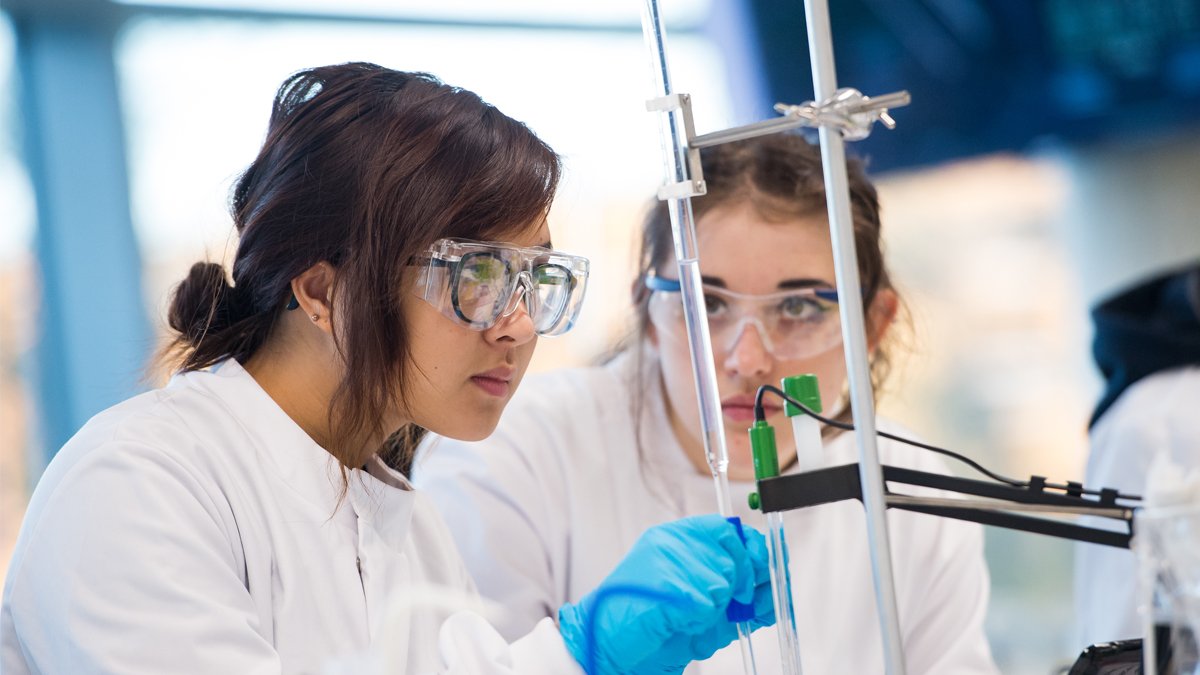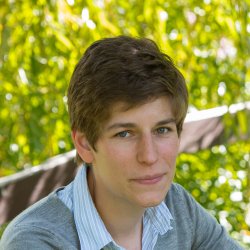A week in the life of a biochemistry student
From microbiology lectures to laboratory-based practicals, discover what a typical week looks like as a first-year BSc (Hons) and MSci (Hons) Biochemistry student at Surrey.

You’ll get to practise your lab skills to help you understand molecular processes and their applications in more detail.
How you'll learn
Your teaching throughout the course will be delivered through a combination of:
- Group work (e.g. discussion groups)
- Laboratory-based practicals
- Lectures
- Online learning
- Role plays
- Seminars
- Tutorials.
Outside of these, you’ll be expected to carry out independent study, including coursework, essays, laboratory write-ups and reading.
We’ve also introduced hybrid learning, a mix of online and face-to-face sessions, in light of the Covid-19 pandemic.
"I like the practical elements of some modules. The wet lab experience gives you an advantage over other applicants when applying for jobs."
Harriet Hicks, BSc (Hons) Biochemistry
A typical week in Semester 1 of your first year
In your first year, you'll receive approximately 18 contact hours each week.
Monday
- 11am to 1pm – 'Biochemistry – Understanding the Chemistry of Life' lecture
- 2pm to 5pm – 'Cell Biology' laboratory session
Tuesday
- 9am to 10am – 'Microbiology: An Introduction to the Microbial World' lecture
- 11am to 1pm – 'Exploring Biochemistry' group workshop
Wednesday
- 9am to 10pm – 'Biochemistry – Understanding the Chemistry of Life' lecture
- 11am to 12pm – 'Biochemistry – Understanding the Chemistry of Life' lecture
Please note, Wednesday afternoons are left free for sporting activities.
Thursday
- 9am to 12pm – 'Biochemistry – Understanding the Chemistry of Life' laboratory session
- 12pm to 1pm – 'Microbiology: An Introduction to the Microbial World' lecture
Friday
- 4pm to 5pm – 'Cell Biology' lecture
- 5pm to 6pm – 'Biochemistry – Understanding the Chemistry of Life' drop-in session
Taster lectures
Get a flavour for life as a biochemistry student by watching some of our taster lectures:
Disclaimer
The timetable and modules listed are indicative, reflecting the information available at the time of publication and may be subject to teaching availability, student demand and/or class size caps.
Given the changing nature of the Covid-19 pandemic, our hybrid learning model is under continuous review. See the latest information on all changes.







